
Beginner-level adult ESL students LOVE to play games, but their low English proficiency can seem limiting when you’re trying to come up with something engaging but practical, fun but not a time-waster. (Don’t teach beginners? Keep reading because this game is easily adapted for all levels!)
Playing the ESL speaking game I have…Who has…? is a surefire way to grab and hold their attention. Popular in elementary schools, this game knows no age boundaries.
Here’s why you’ll want to play this game with your adult ESL students!
- With I have…Who has…?, your students can practice the vocabulary for ANY theme or list! This game works well with absolute beginners all the way to those about to cross over to the intermediate level.
- Because this adult ESL speaking game is so adaptable, you can play it using the same vocabulary list with tweaks that make it more accessible for your mixed-level classes.
- Short on time to assess your students on their pronunciation or retention of the target vocabulary words? With this ESL speaking game, your adult students won’t even realize that you are taking notes (mentally or otherwise) because they’ll be thoroughly engaged.
But what IS I have…Who has…?
This ESL speaking game uses cards and can be played in small groups or with the whole class. Popular in elementary schools, there is nothing childish about this game provided you avoid any cutesy clipart or childish designs.
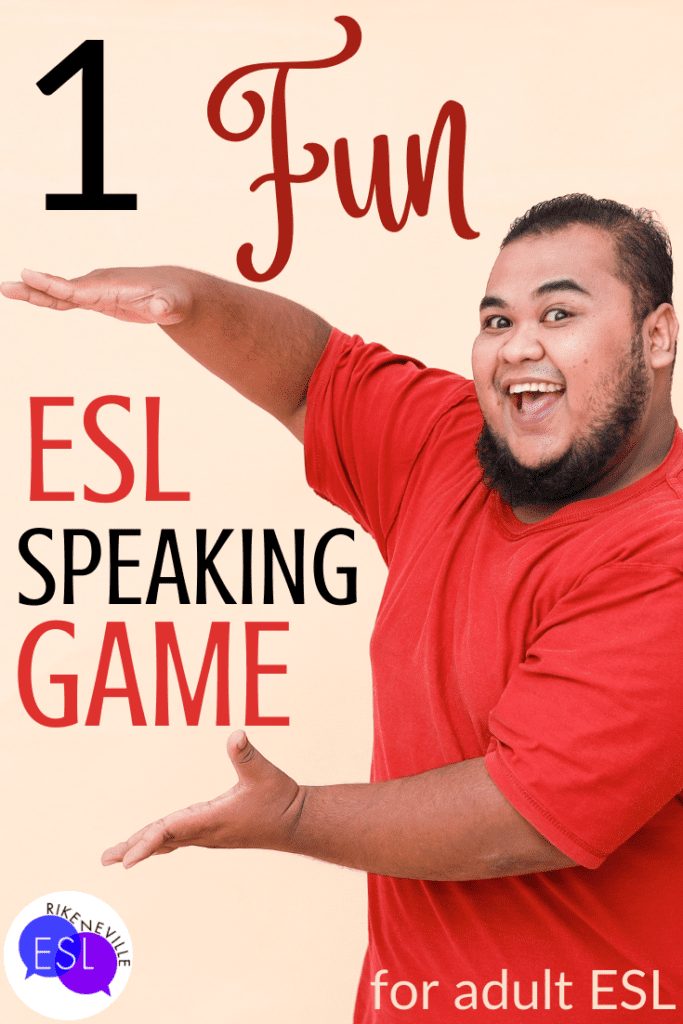
Here’s how to play this fun ESL speaking game.
- Pass out one or more cards to each student, taking note of the student who receives the starter card. You may wish to give more to students who need a bigger challenge and fewer to students who don’t, or you might prefer giving more to the students who are comfortable speaking alone and fewer to those who aren’t.
- Have the student with the starter card begin with “I have…”
STOP. I’ll bet you thought I’d say they should next ask “Who has…?” Nope. This is an ideal spot to tweak this ESL speaking game. If you have very low-level students or students who feel shy about speaking when their voice will be the only one heard, have the entire group (or class) repeat this line.
- Okay, let’s back up. After the starter student has stated I have…, they should next ask, Who has…? Again, with low-level or shy students, you can have them parrot back that question.
- Now, of course, students must be paying attention to the question so that they can check their card(s) to see if they have the next card. I’m sure you can guess what happens next. Yup, they announce, I have…. and then ask Who has…? This repeats until they reach the final card where the answer to the question will be the starter card.
Increasing the pace of this ESL speaking game
Now, you won’t want to time them the first time they ever play this game. They’ll need a little practice at how to play before you introduce speed as a component of the game.
Once you think they are ready, challenge them to increase their pace. Time them as they go through the cards. Then, dare them to go faster. You can allow everyone to keep their cards, have them exchange cards with someone else, or mix up all the cards and deal them all a fresh card (or cards). Time this second round to see if they could get through it faster. Spice it up even more by promising some small prize if they can do it within a specified time limit.
Add a twist of grammar to this ESL speaking game
I love creating I have…Who has…? games that utilize photos to represent vocabulary words. Images make the game more accessible to lower-level students and make the challenge more about correctly remembering a word rather than reading a word.
This also allows for differentiation. For example, with your absolute beginners, you can allow them to use only the word that is associated with the image. With students who have been learning articles, you can require them to add the appropriate article (a/an) to nouns. Ensure that the students who have been learning about plural vs. singular nouns or noncount nouns really get it when they have to know whether they should add a, an, or no article.
If your cards depict verbs, challenge them to give the simple AND the past form of the verb. Using cards starring adjectives? Invite them to give a comparative or superlative form.
Increase the intensity of the level for vocabulary lessons
What about the students who don’t need images? How can you adapt this game for a vocabulary class with more proficient students? EASY!
Let’s say you are working on definitions. Make cards that start with the word and then ask about the definition. For example, “I have persevere. Who has the word that means disastrous, especially that which causes financial or physical ruin?”
Maybe you want synonyms or antonyms? “I have crash. Who has the synonym for unleash?
Or other parts of speech? “I have famine. Who has the adjective form of eruption?
Go for it!
Now that you know about I have…Who has…? and know how to play it, when will you play it with your students? It’s sure to be one of their favorite ways to practice listening and pronunciation as well as review vocabulary (or grammar!).
Try some more games with your adult ESL students!
- 6 Exciting Subject-Verb Agreement Games & Activities for Adult ESL
- Two Multi-Level Vocabulary Games for Adult ESL
- Three Grammar Games Guaranteed to Get Them Speaking
Looking for some ready-made ESL speaking games for I have…Who has…?

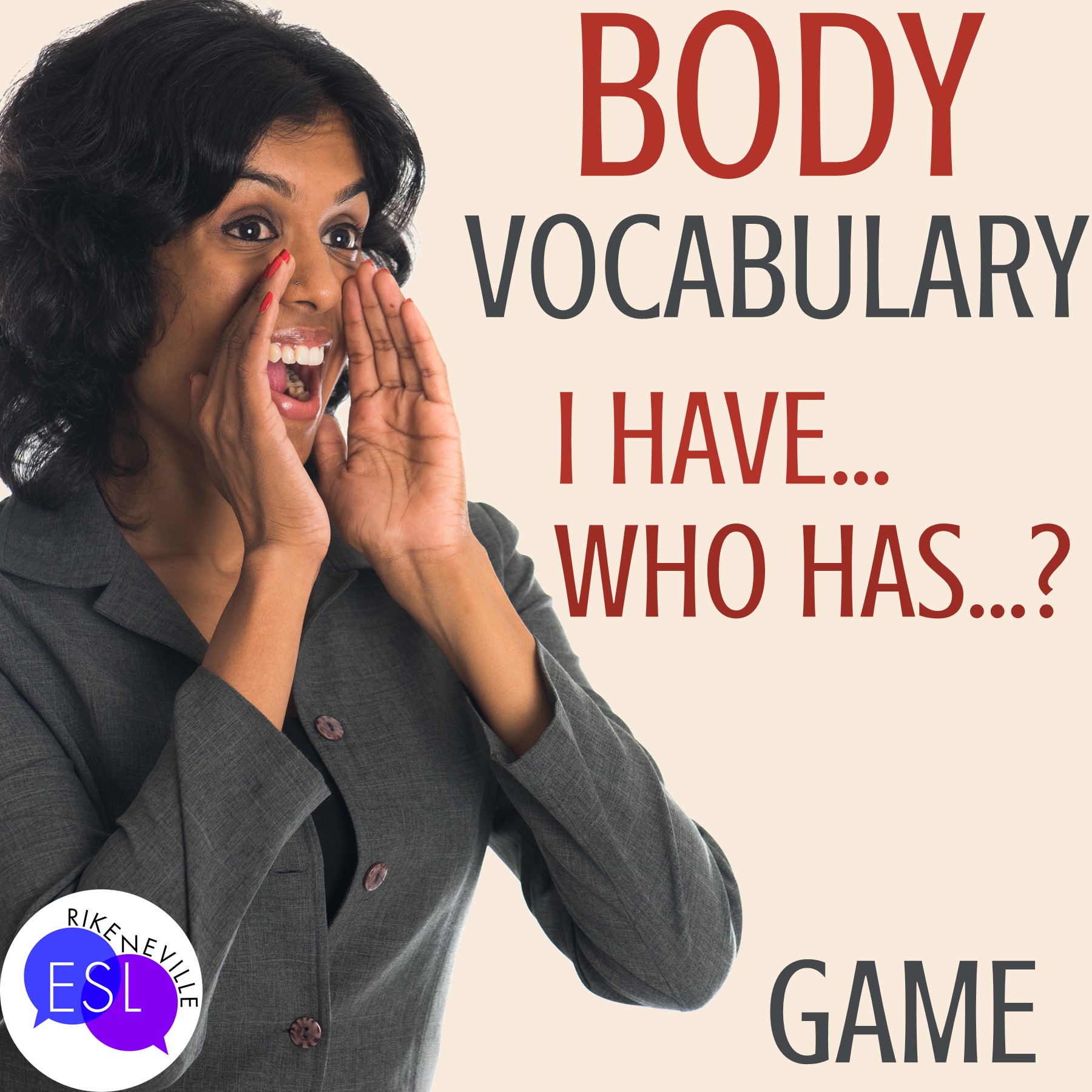
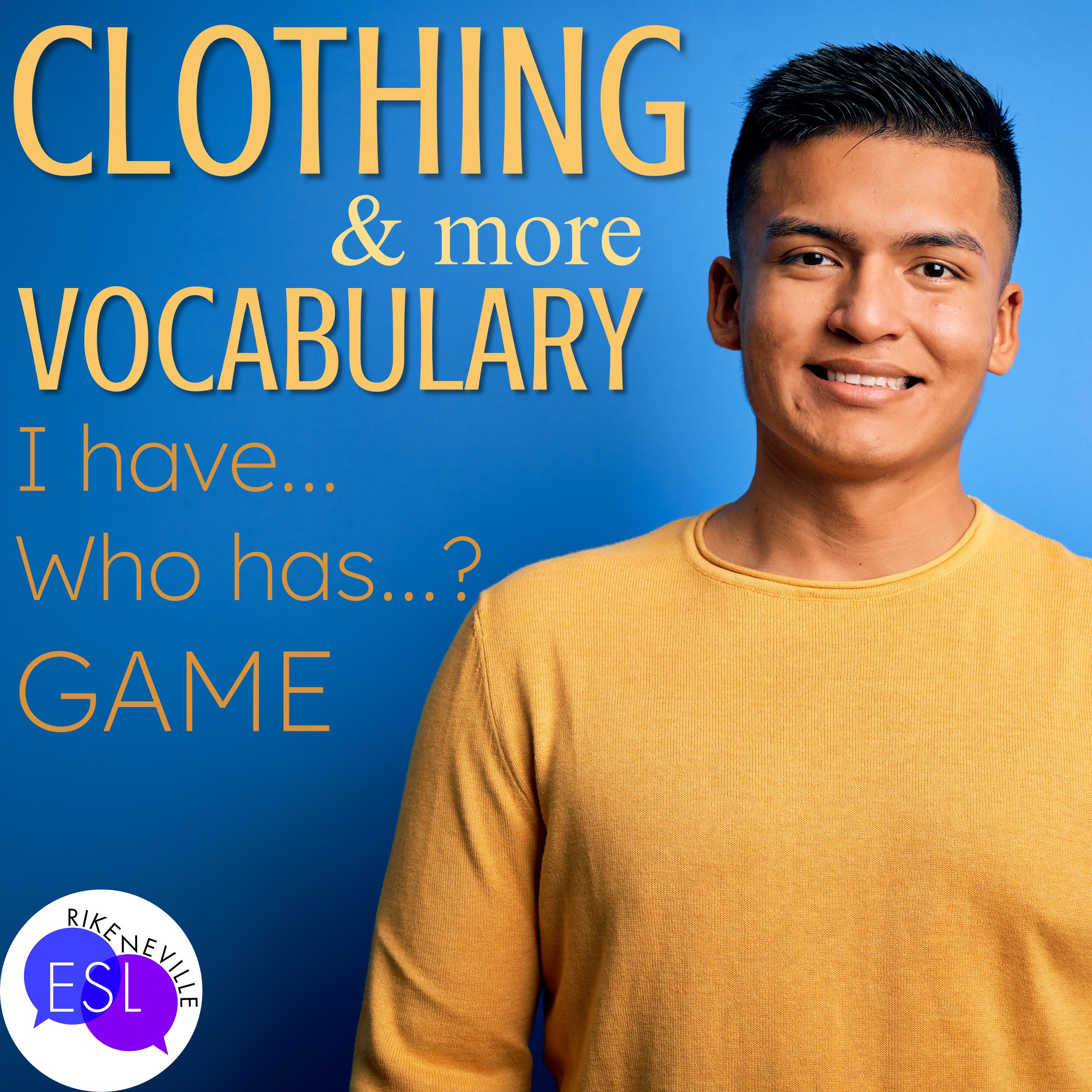
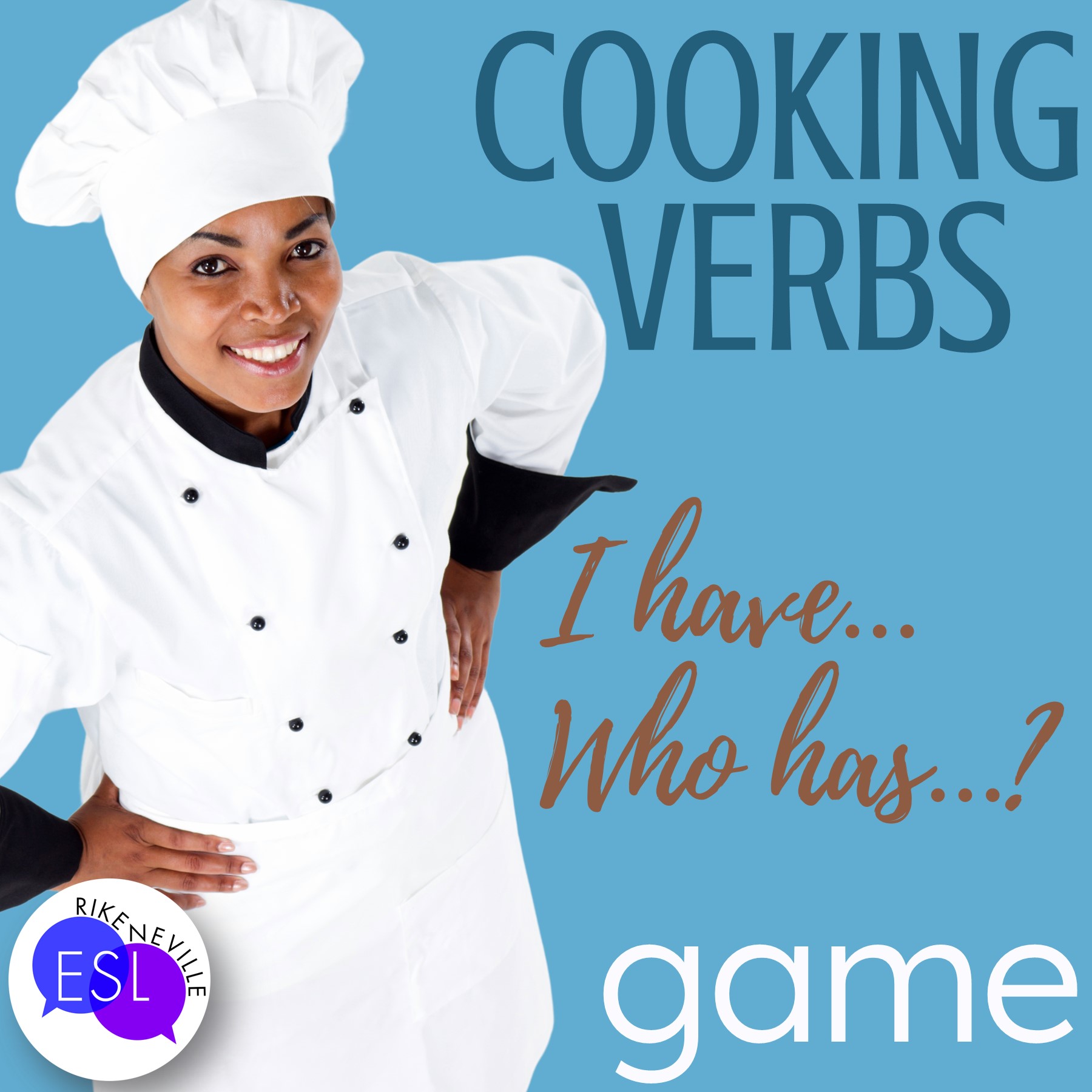

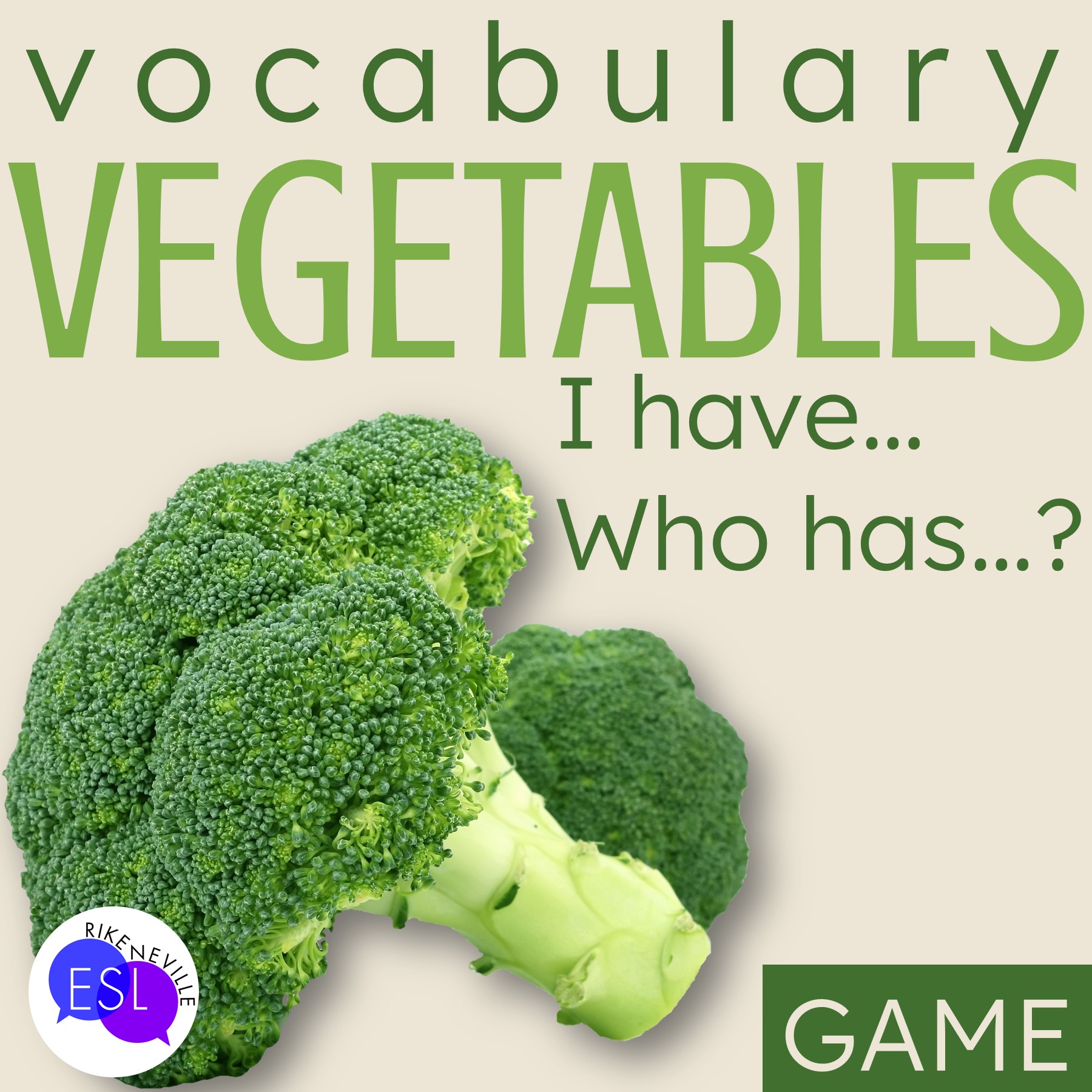
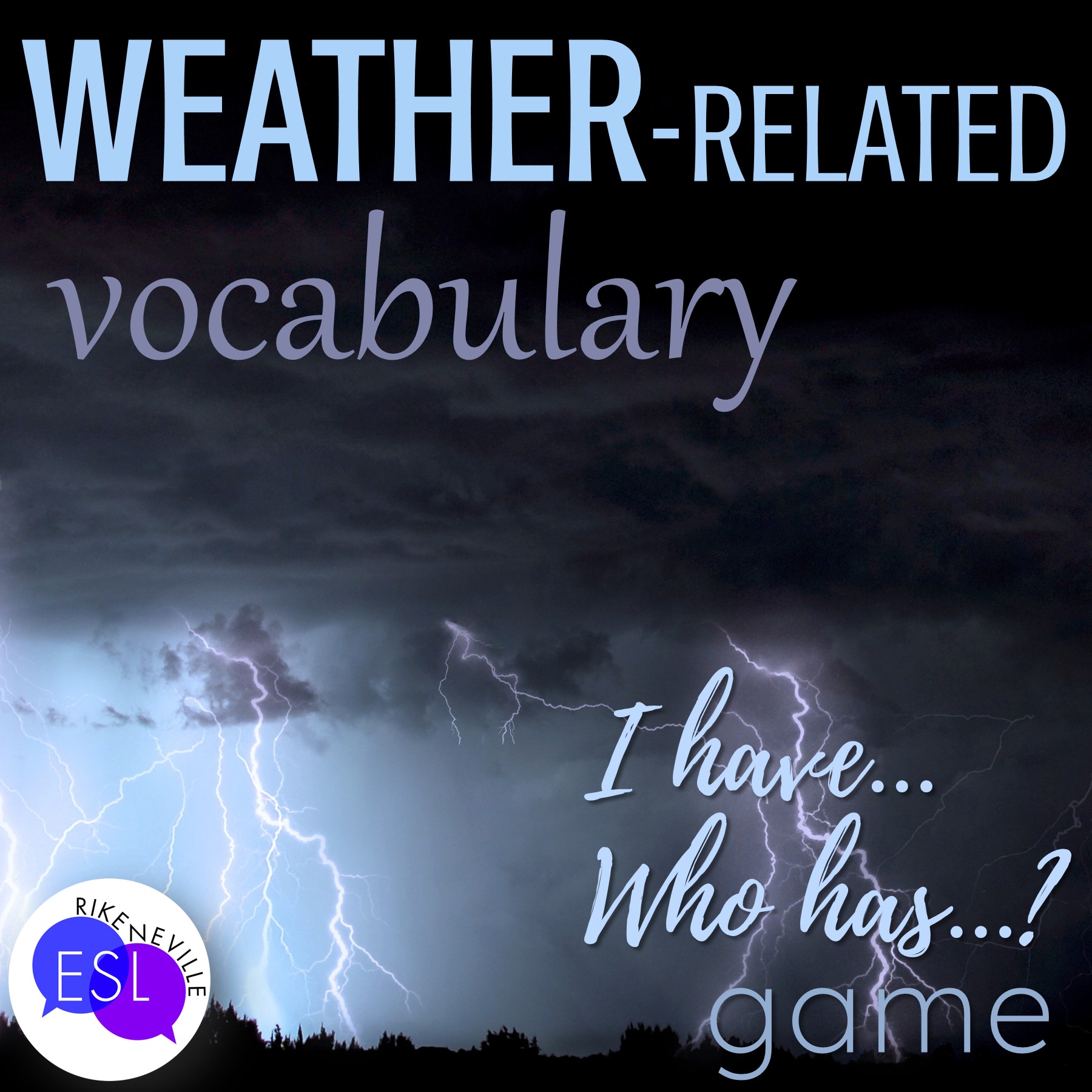
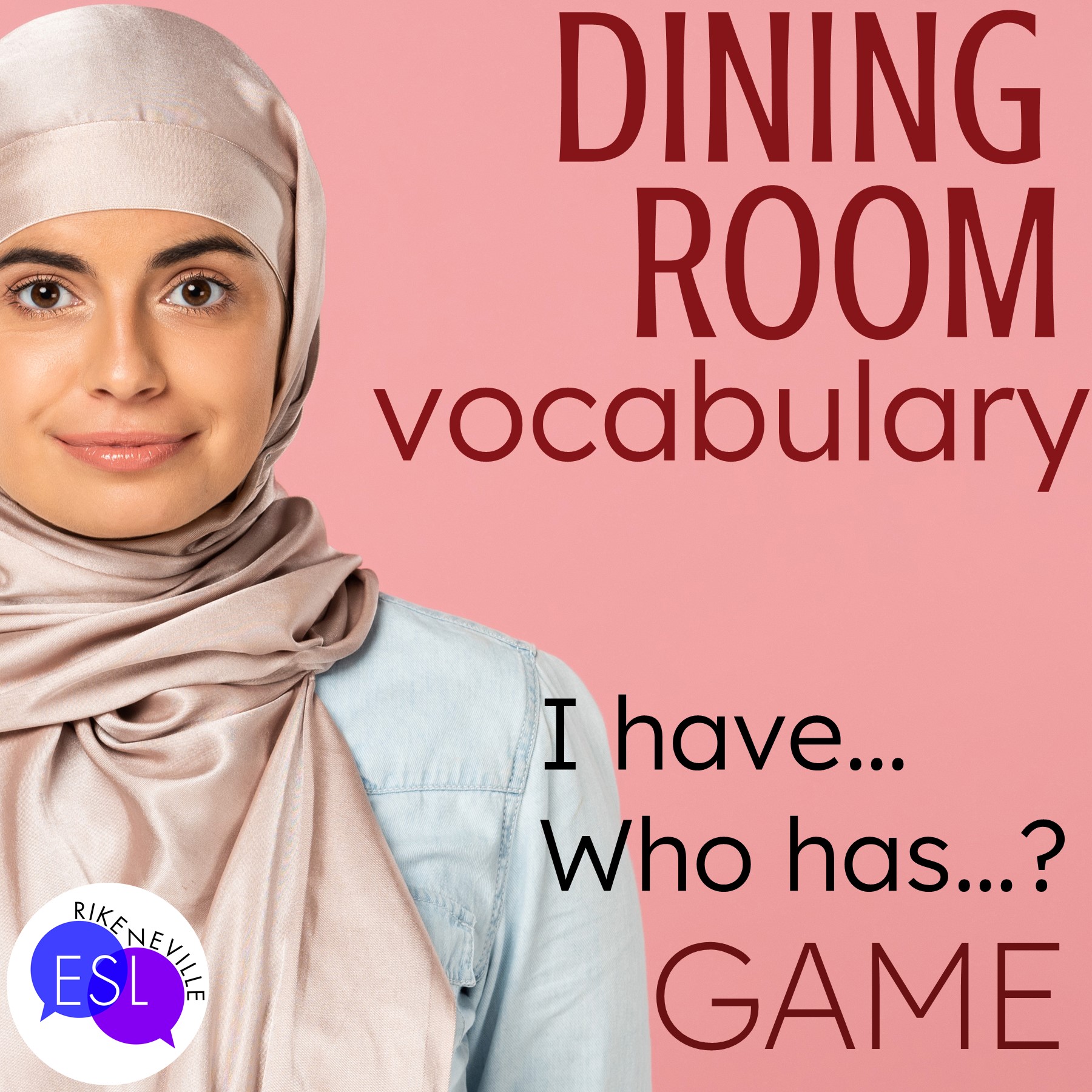
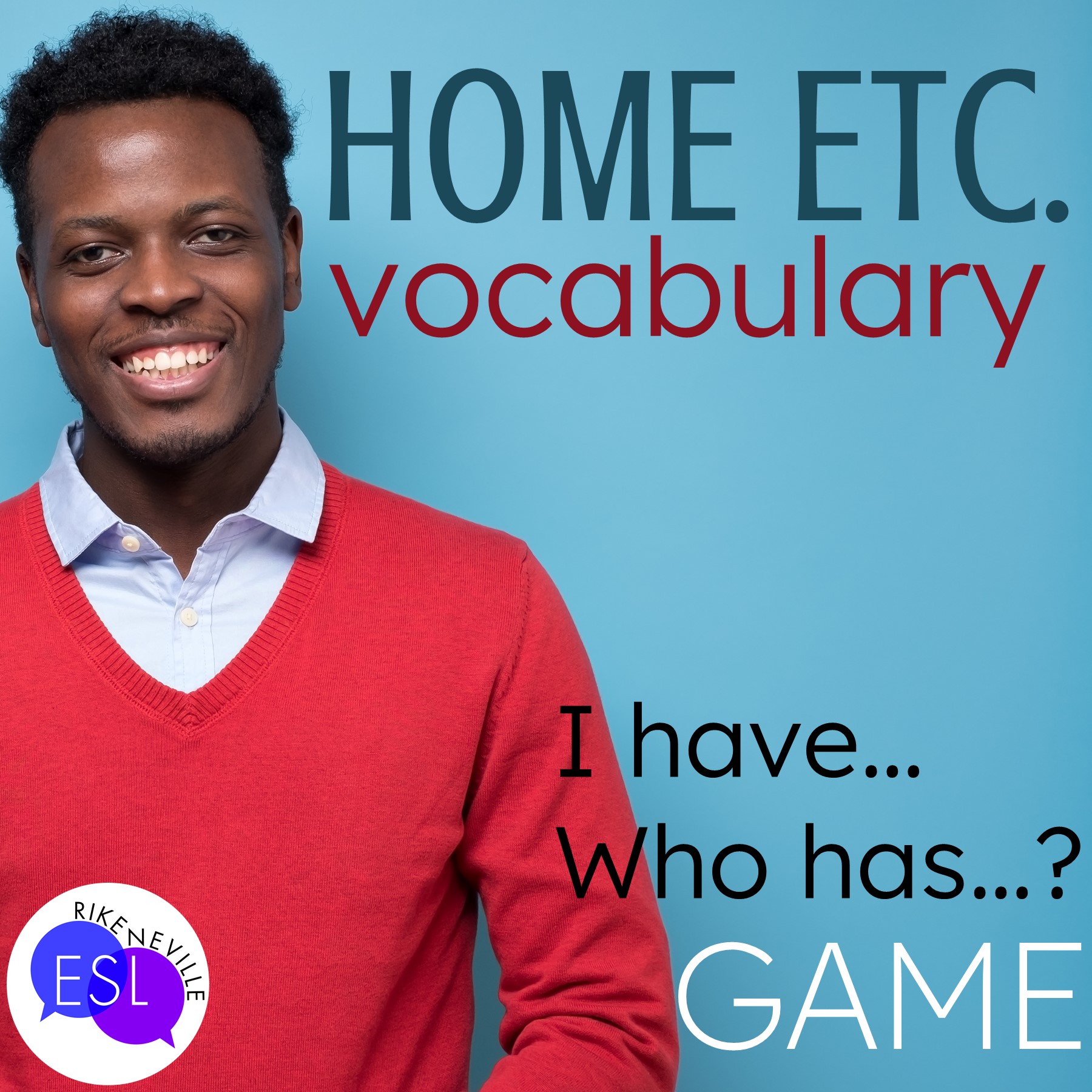
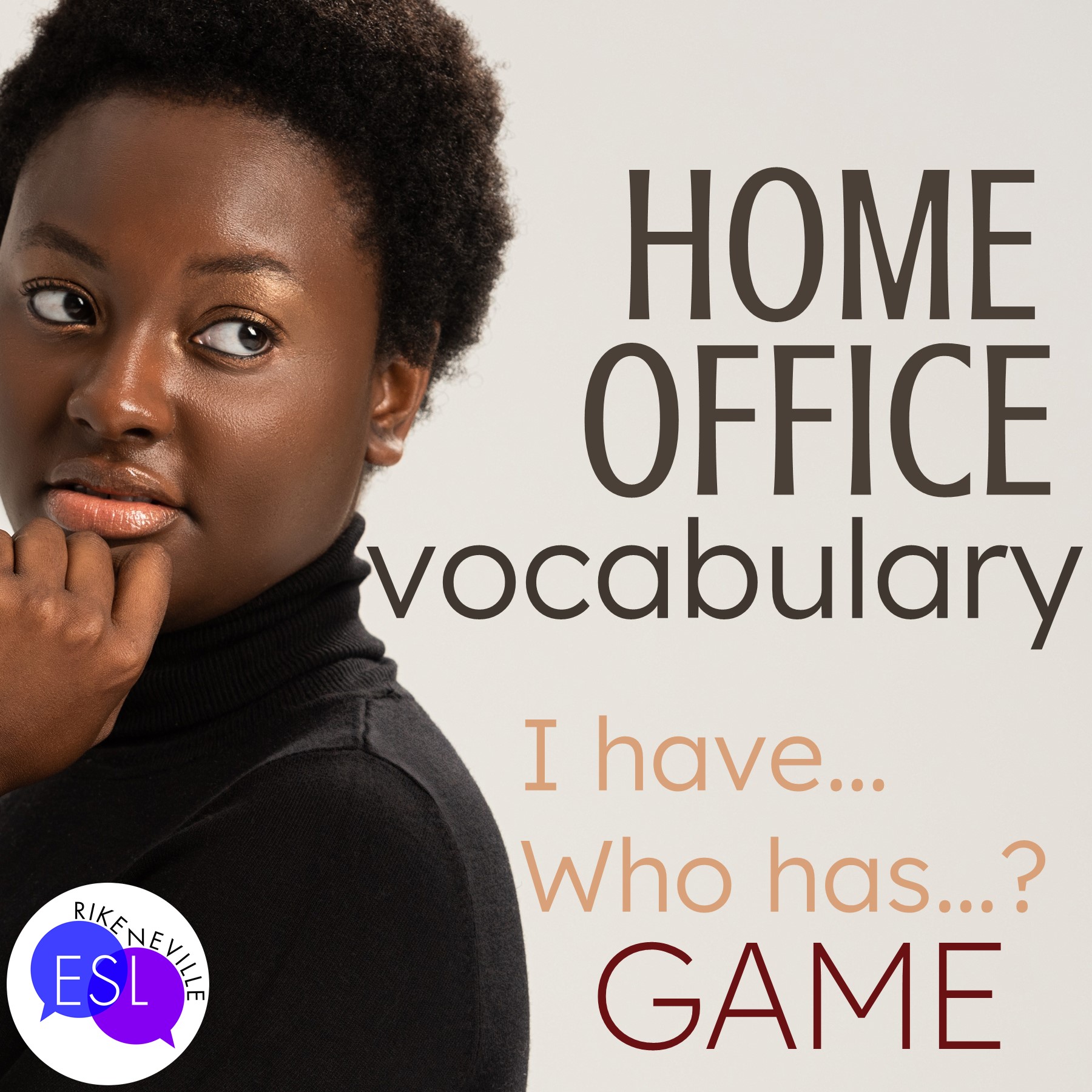
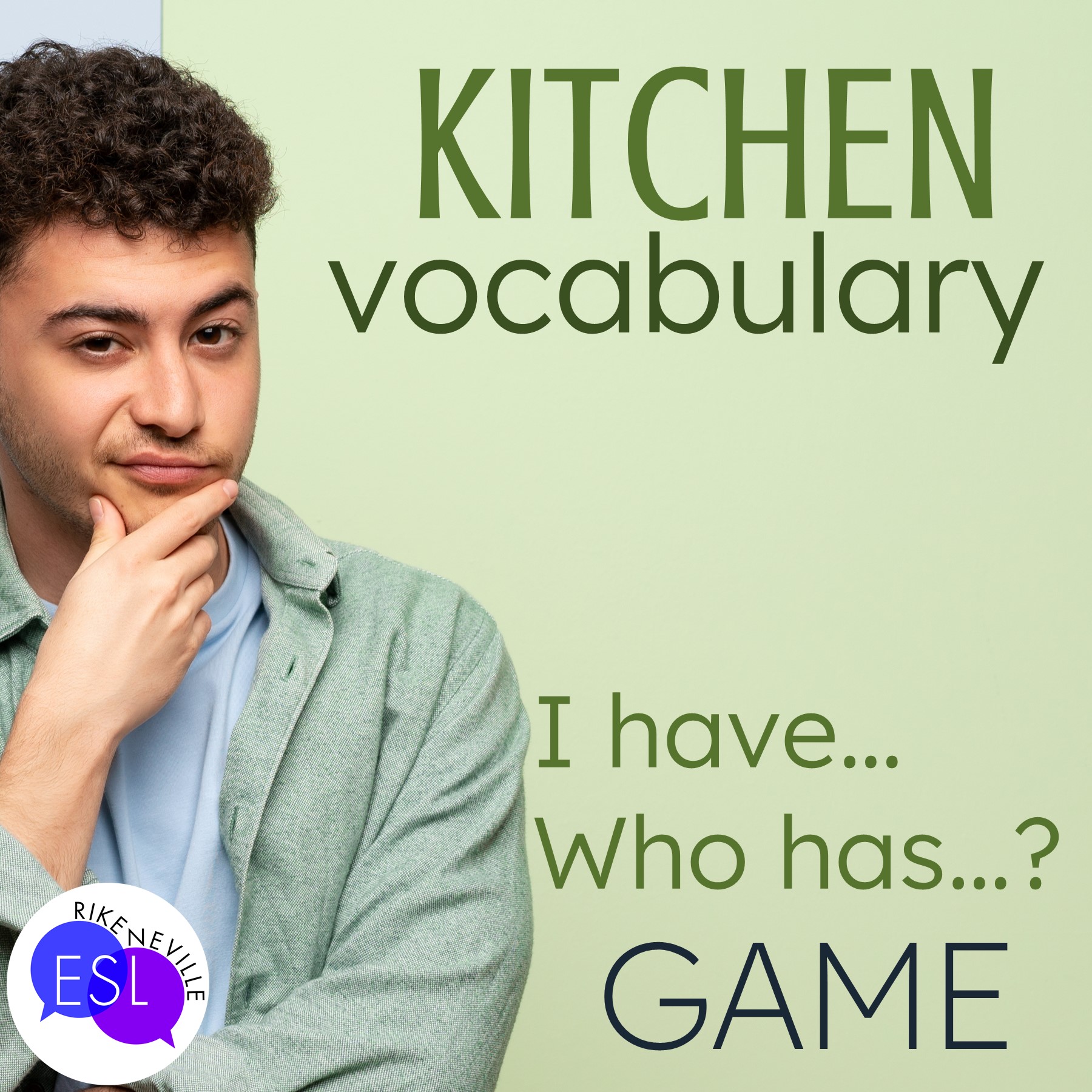
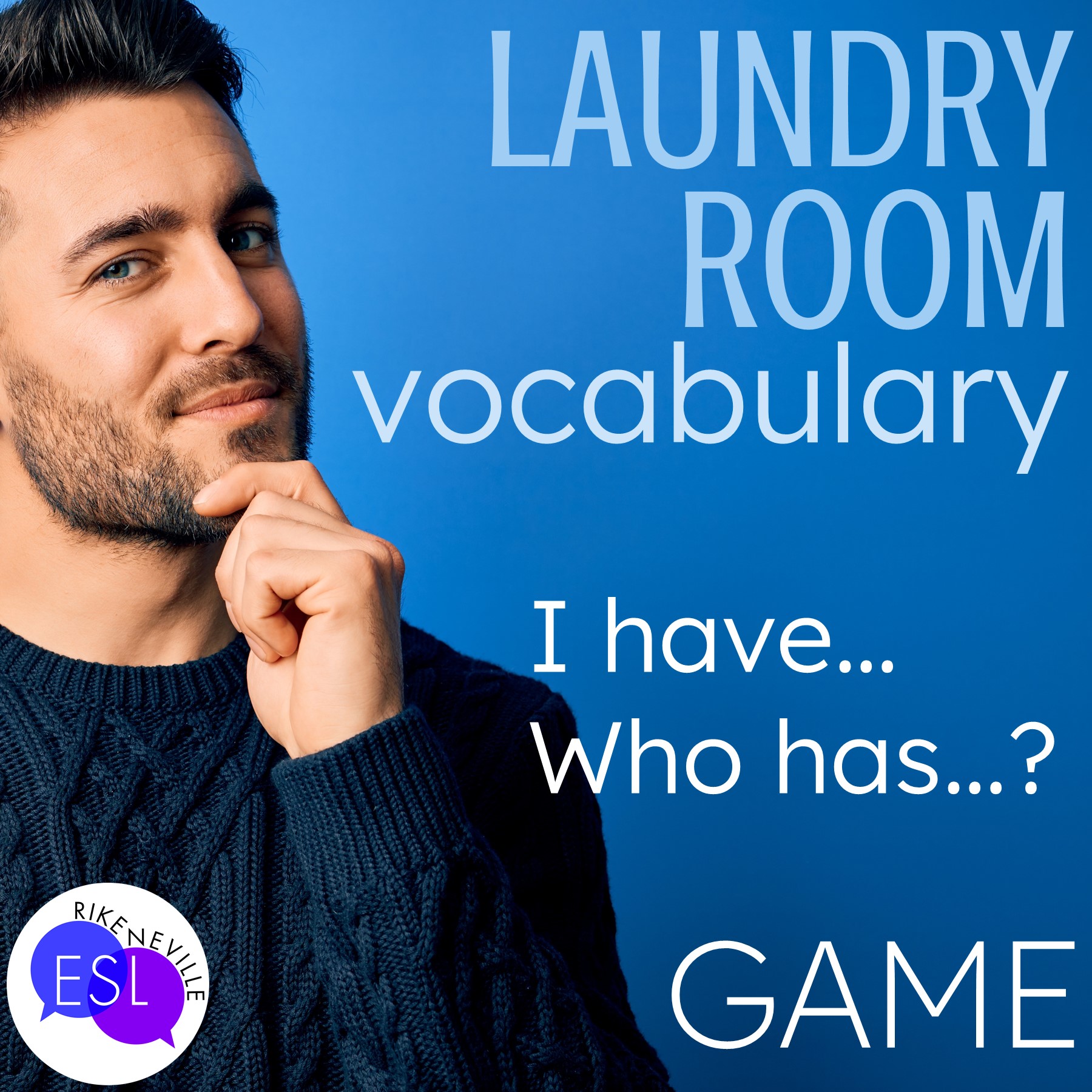
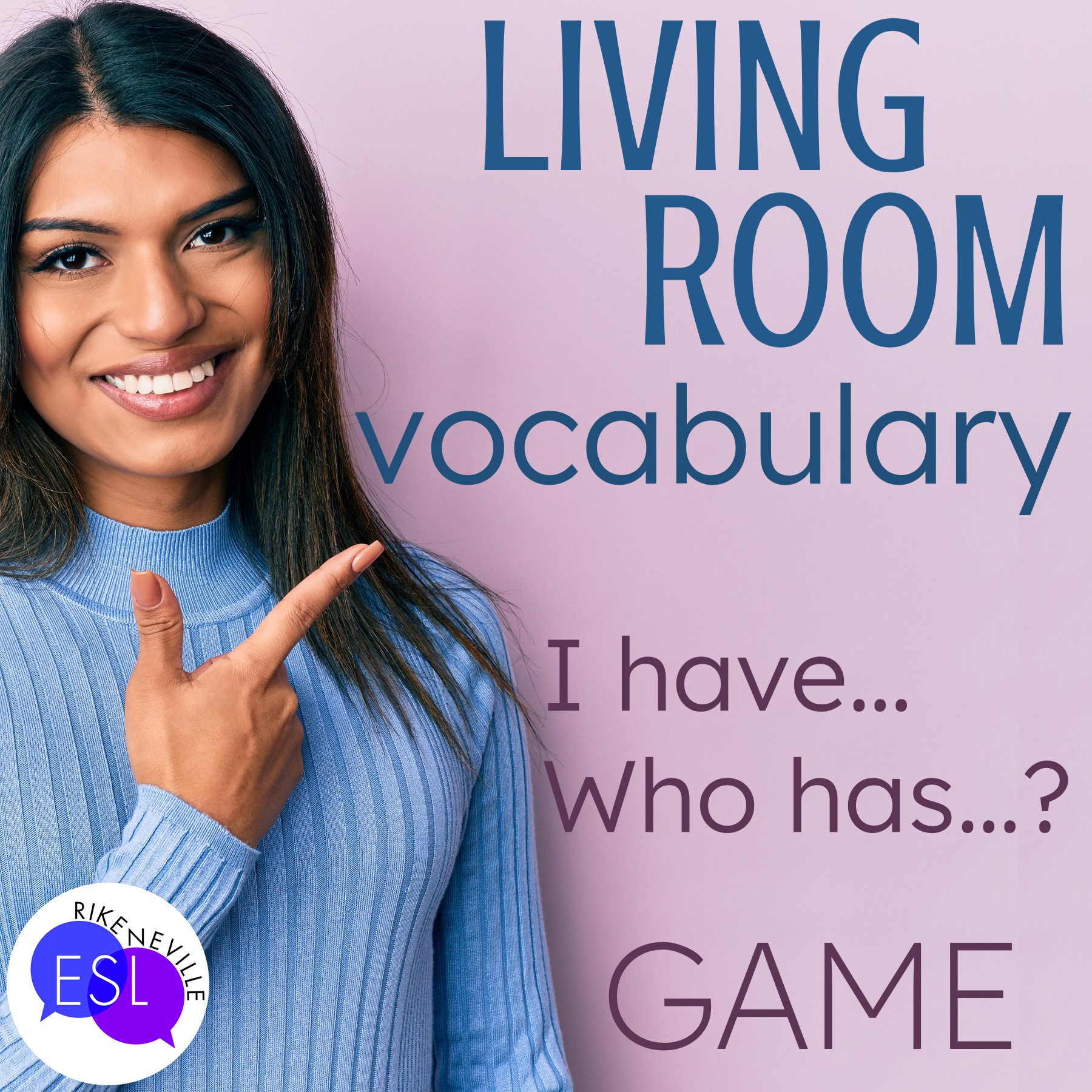
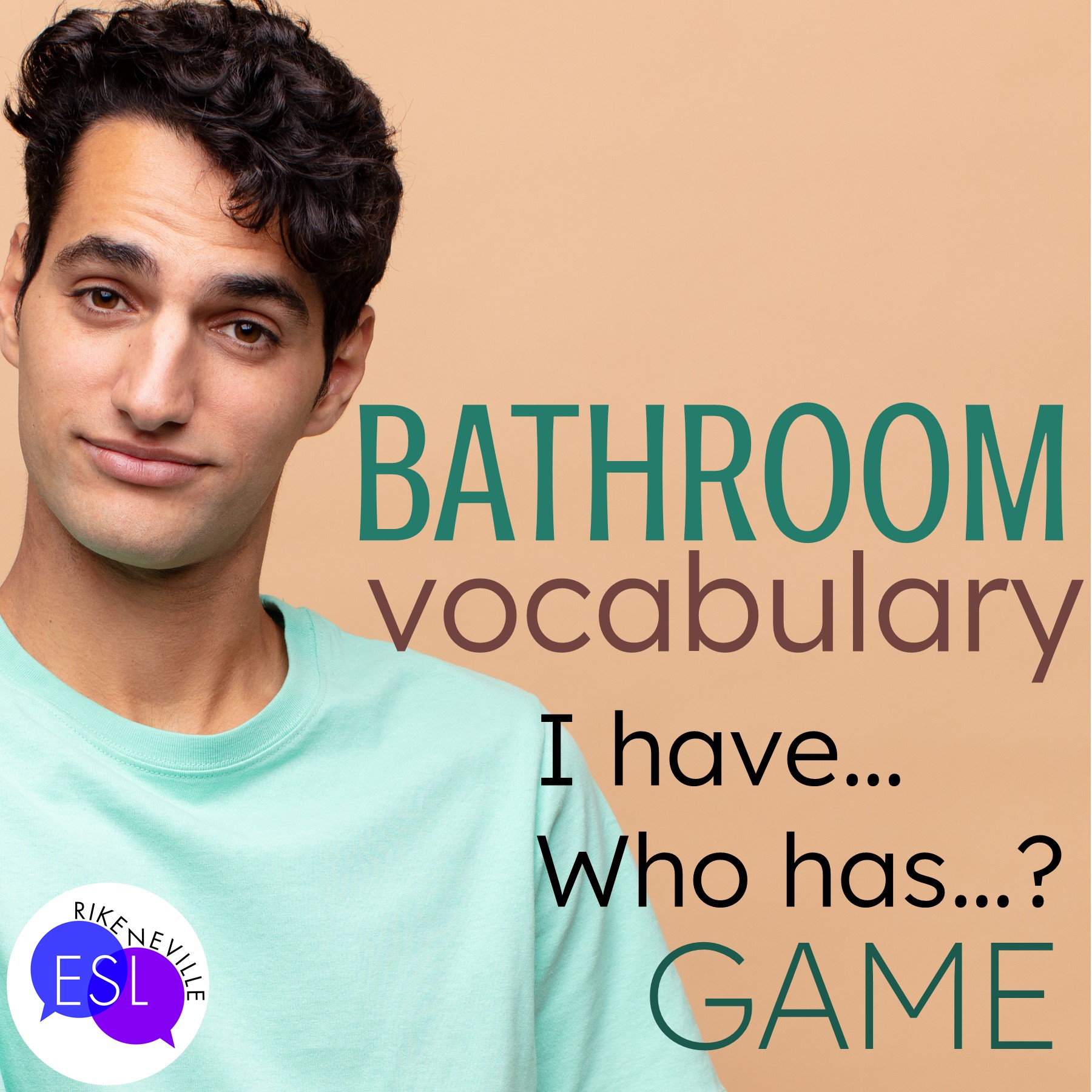
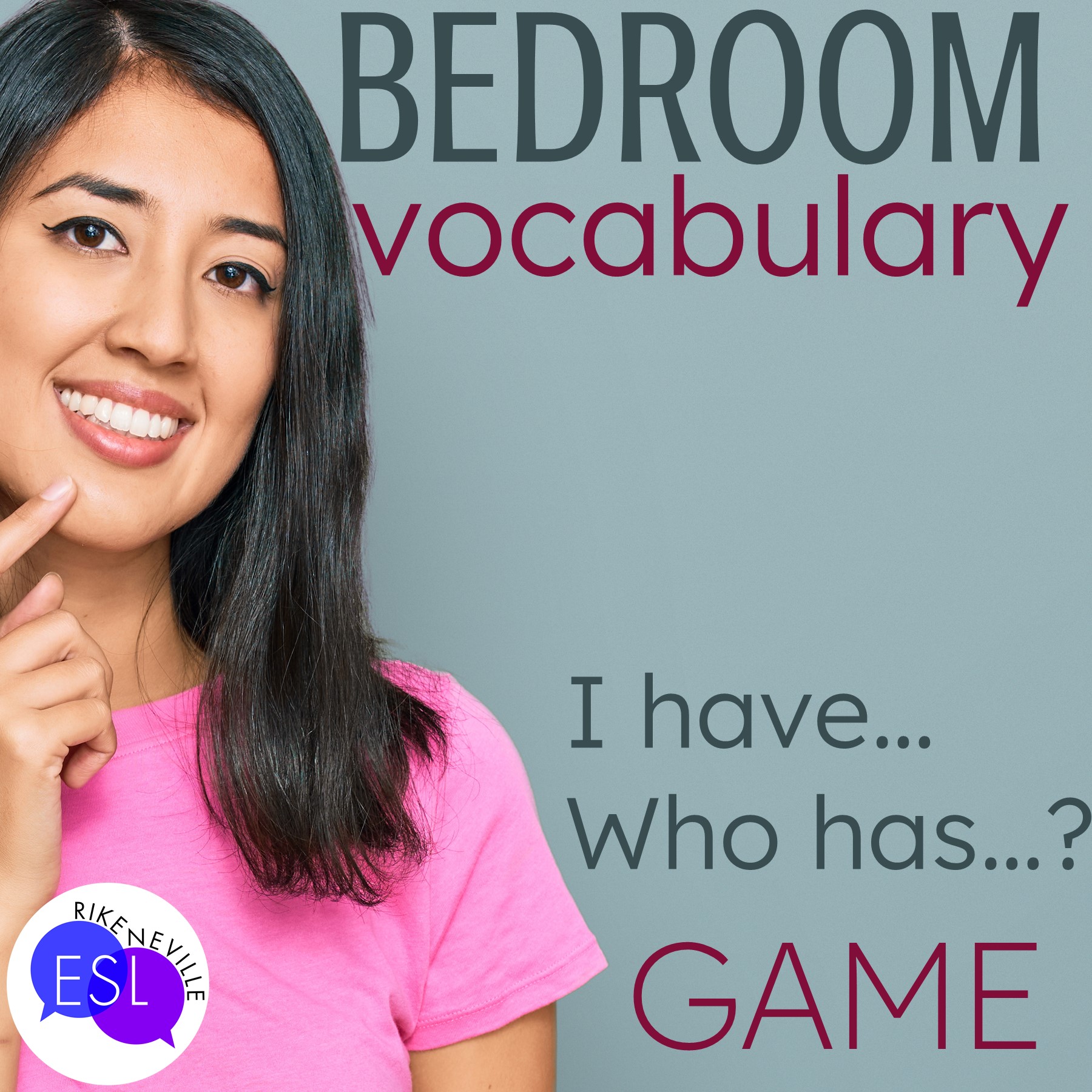

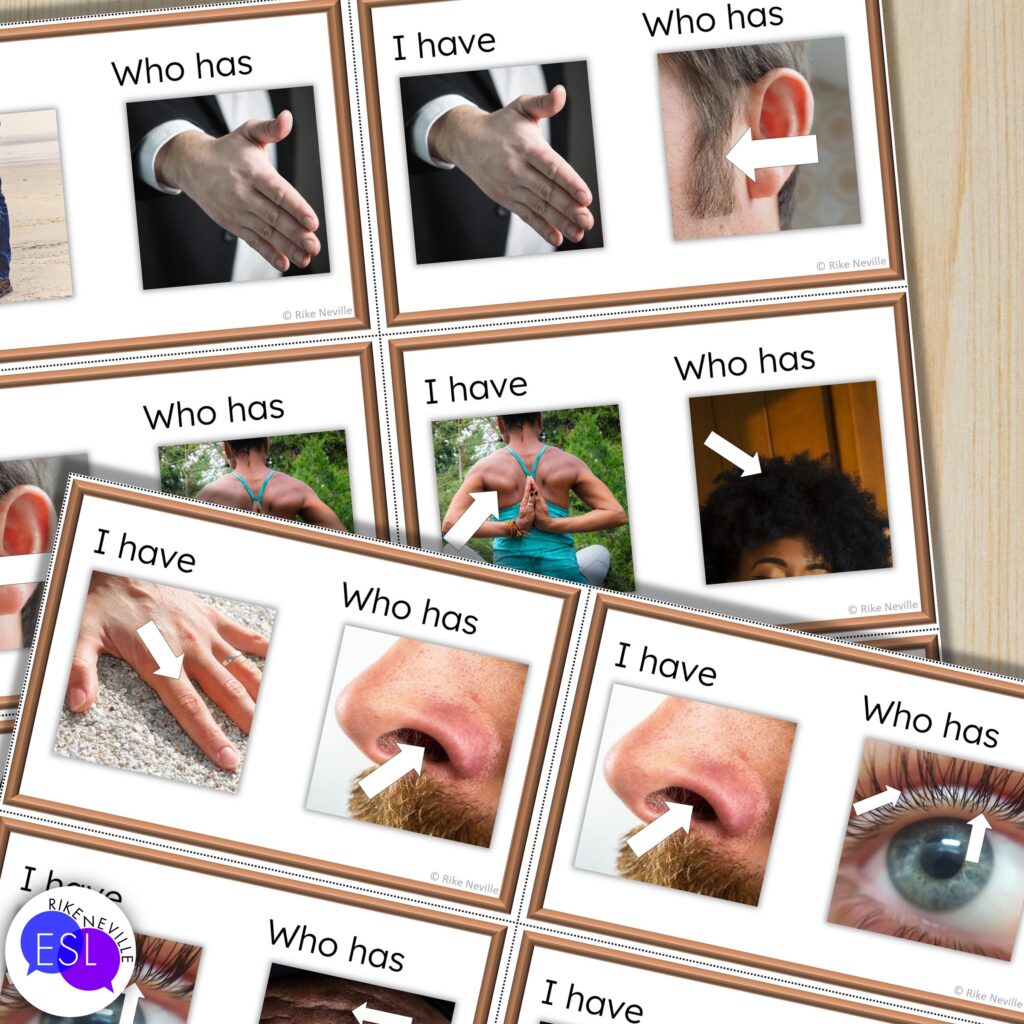
Leave a Reply